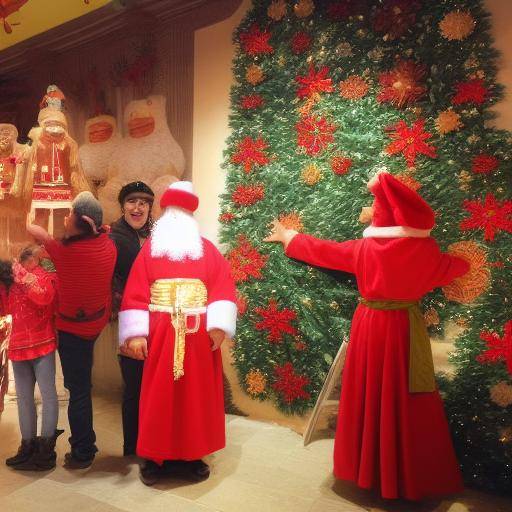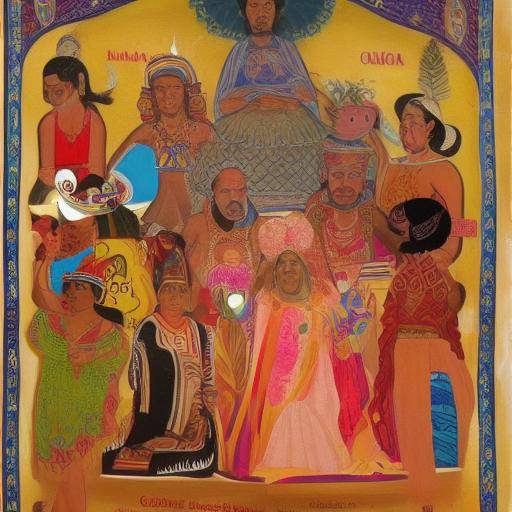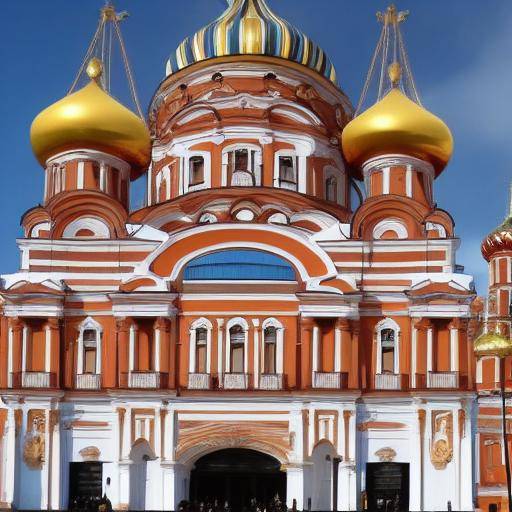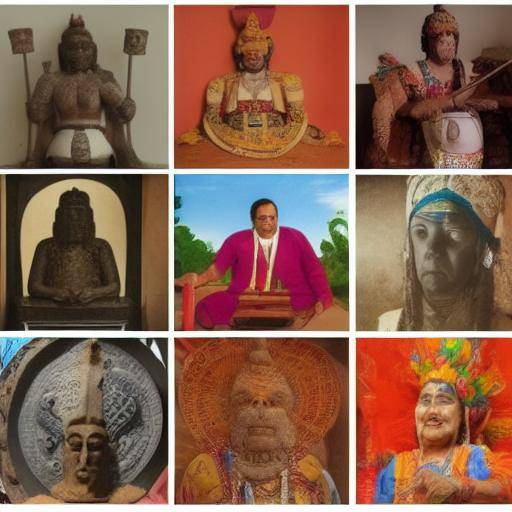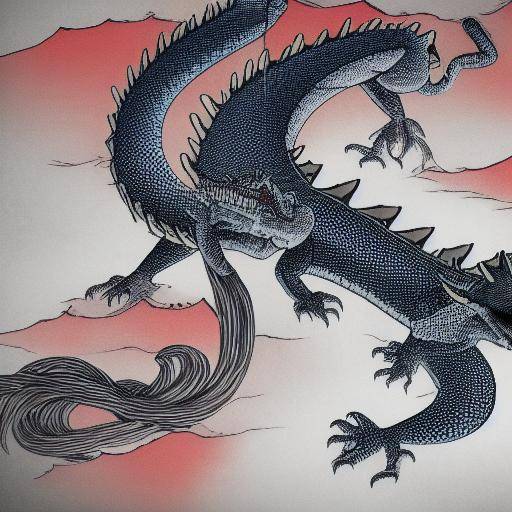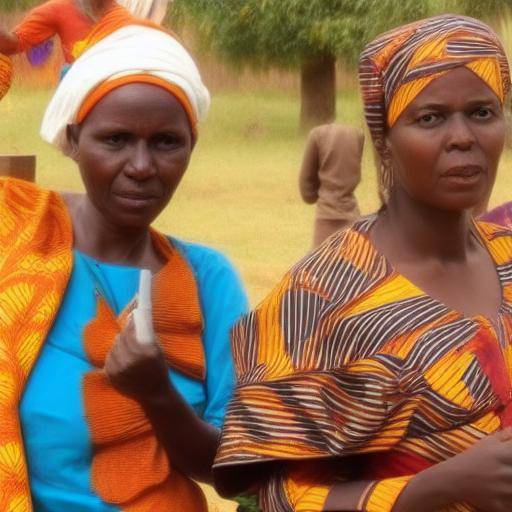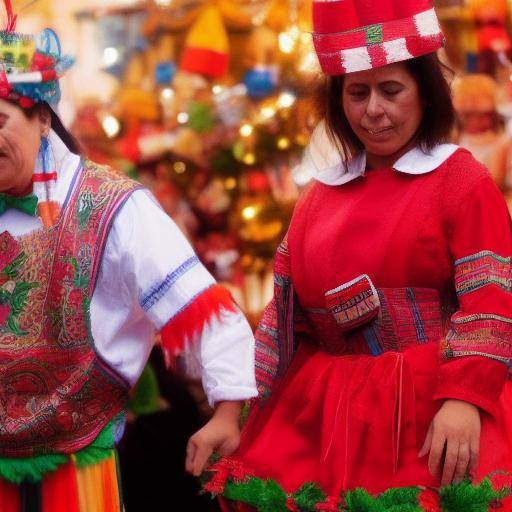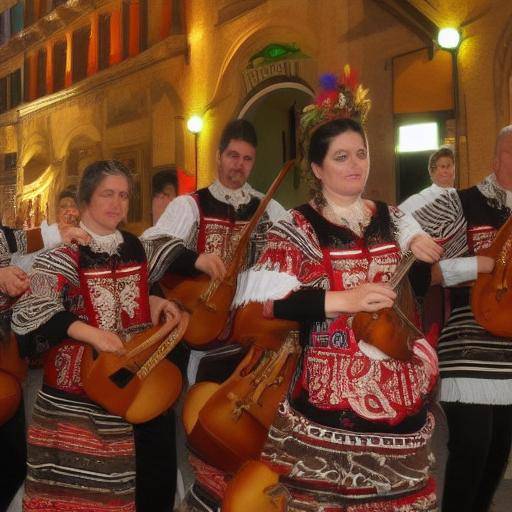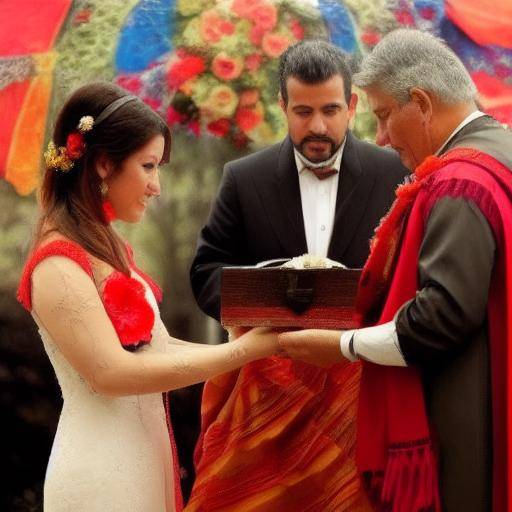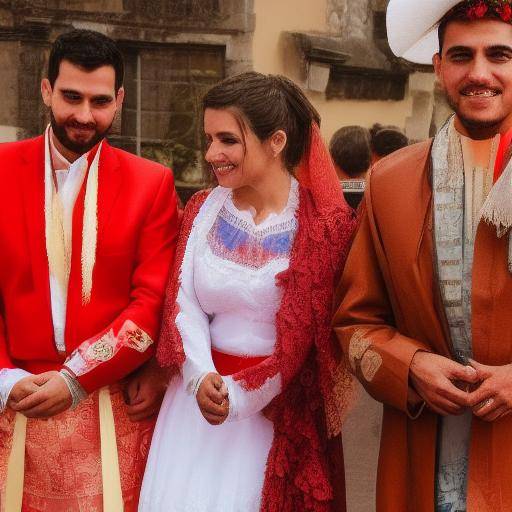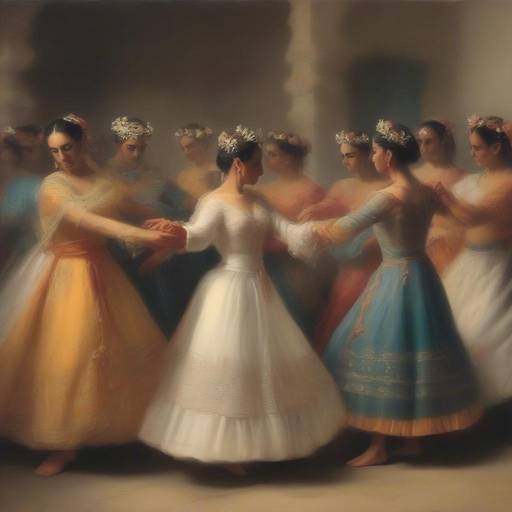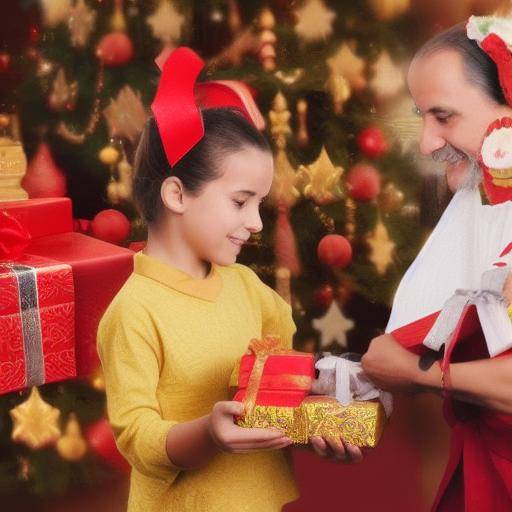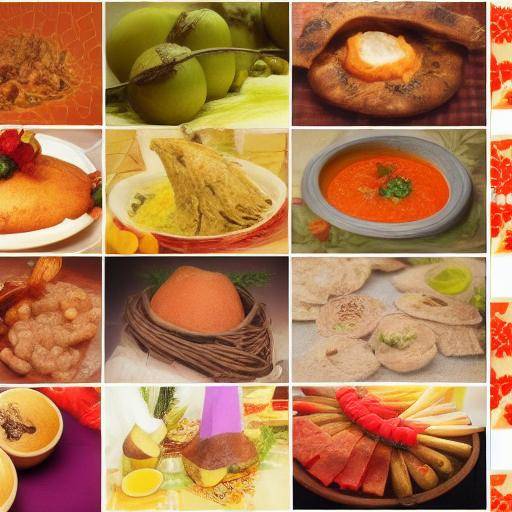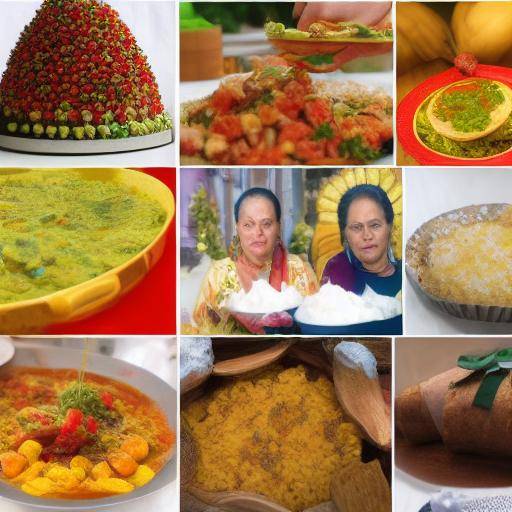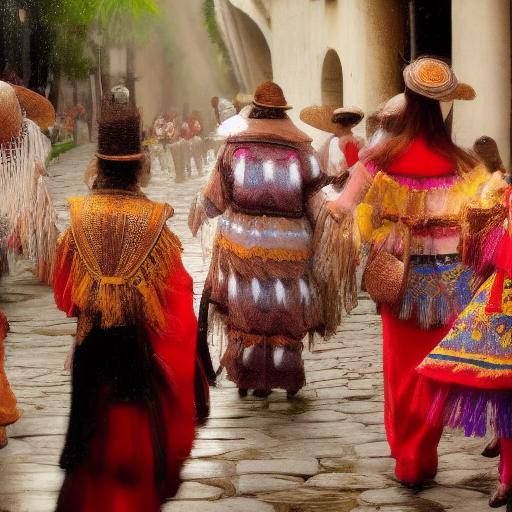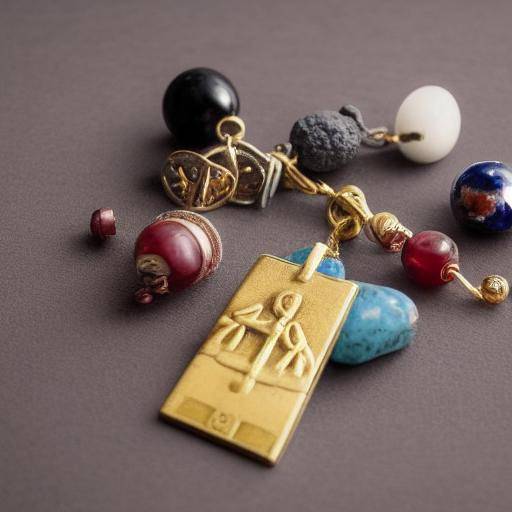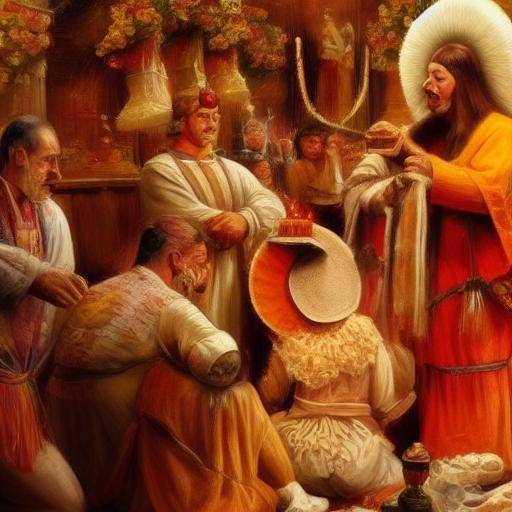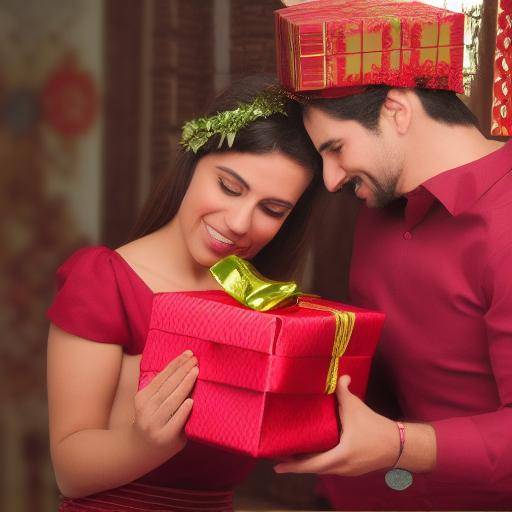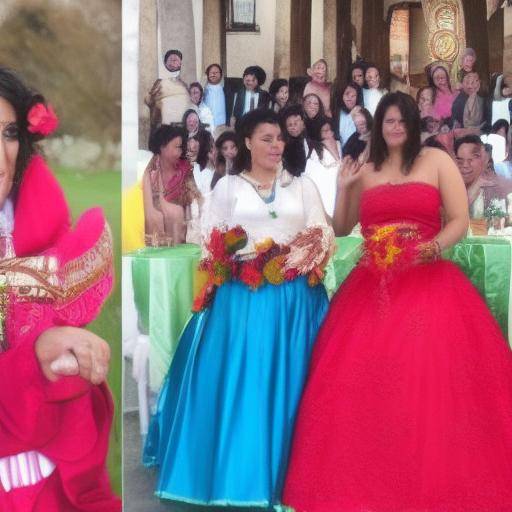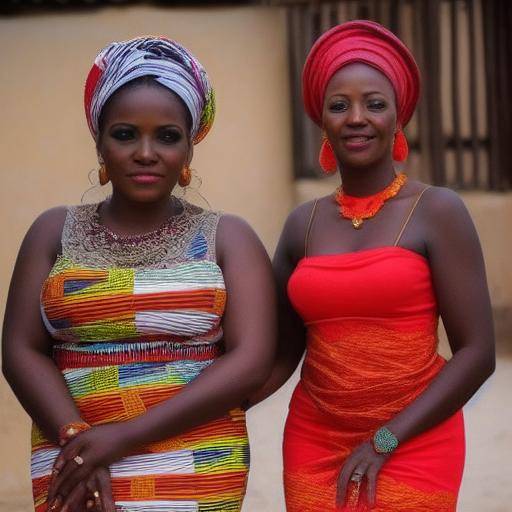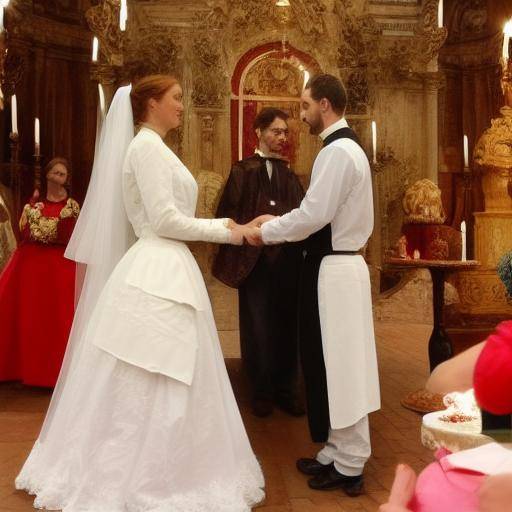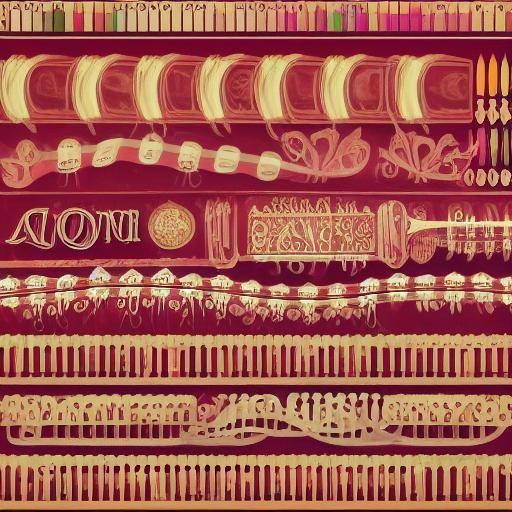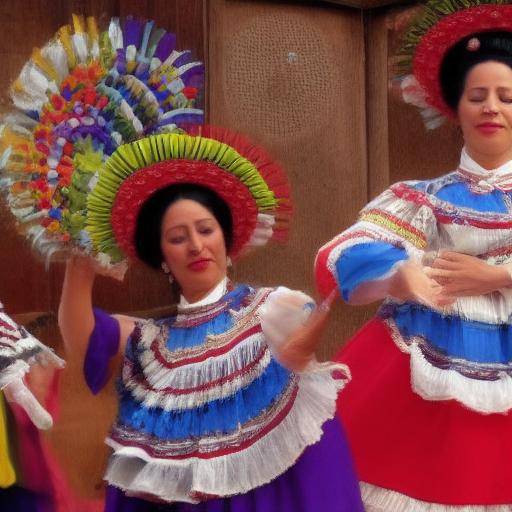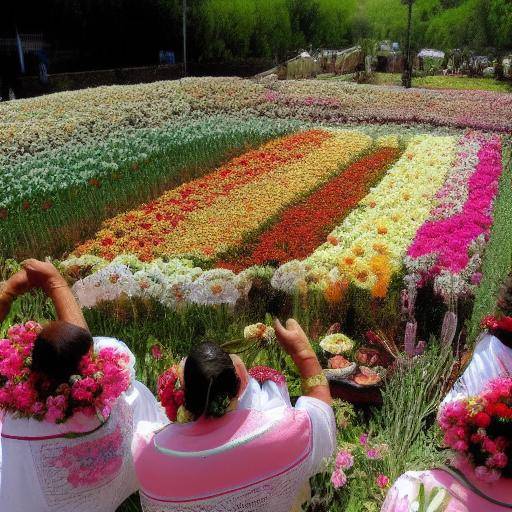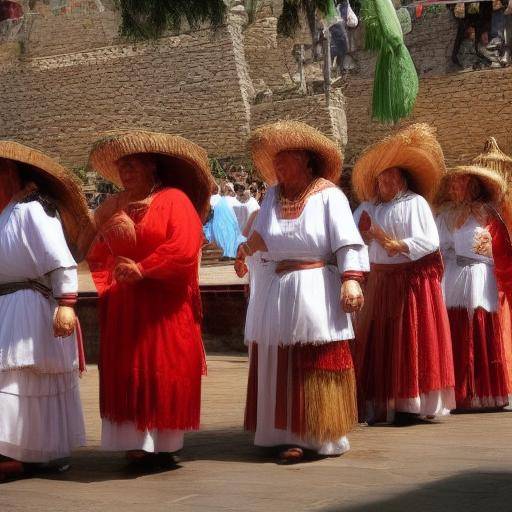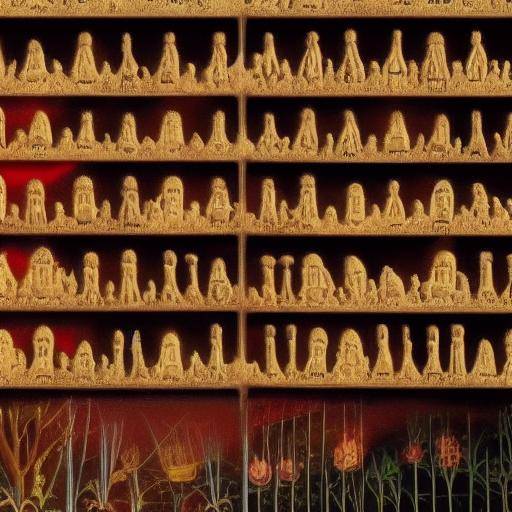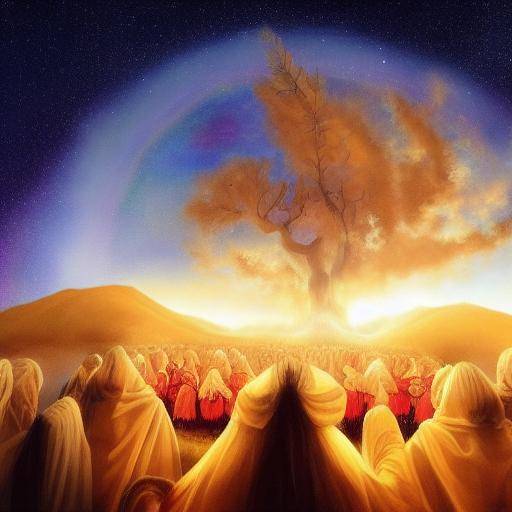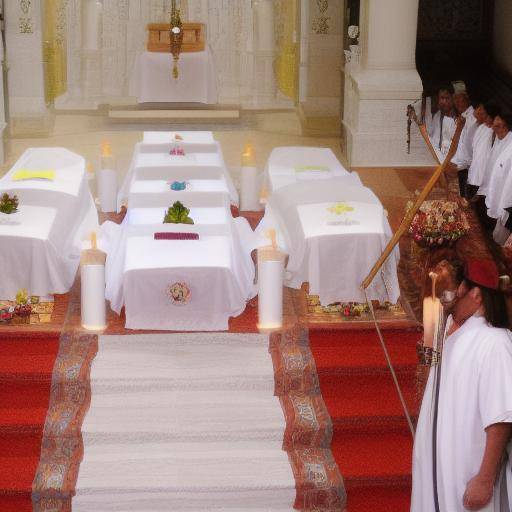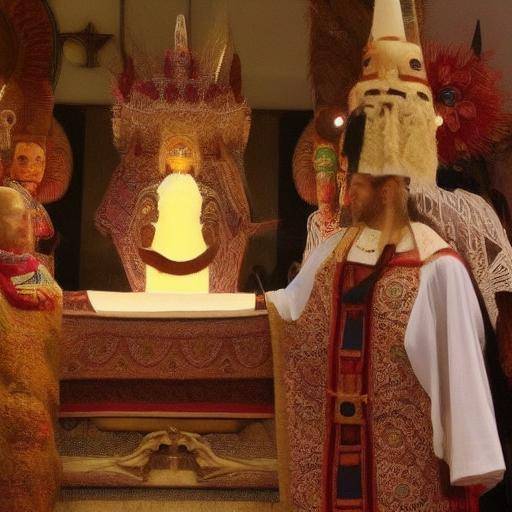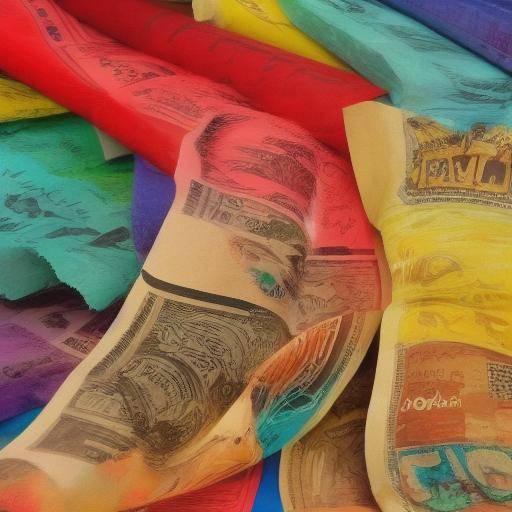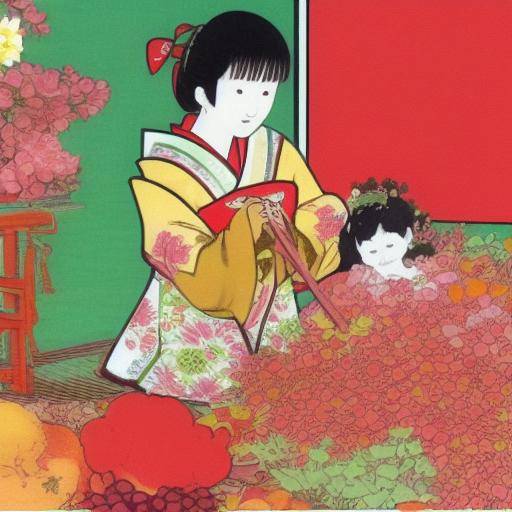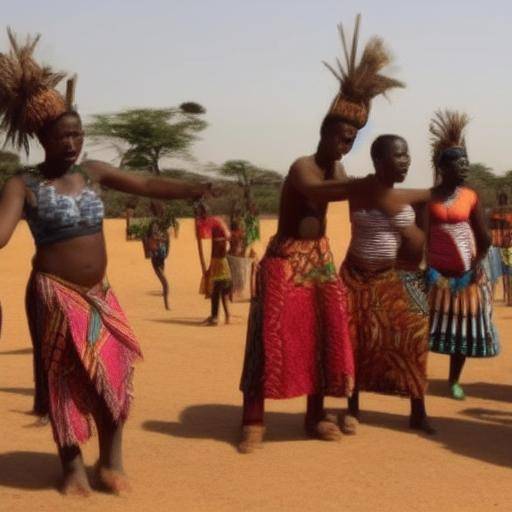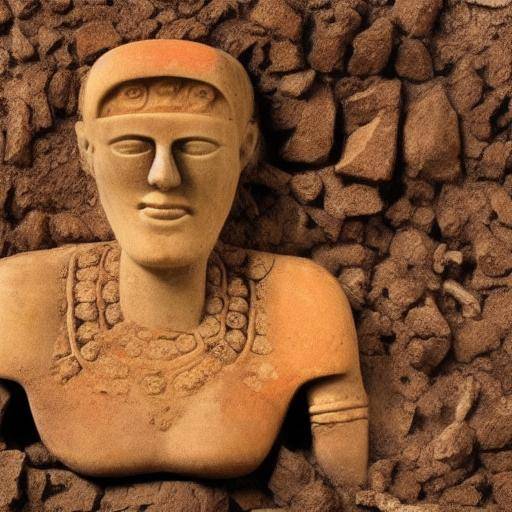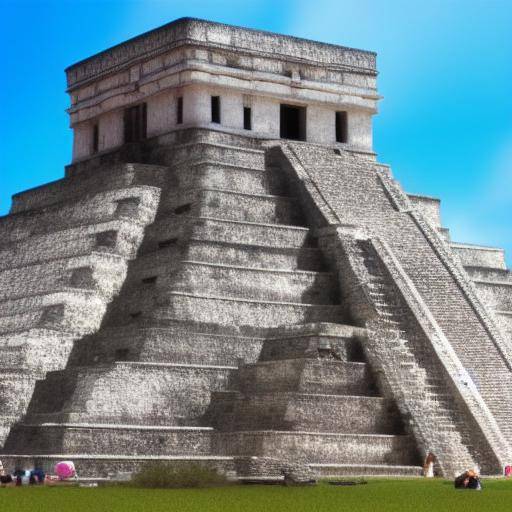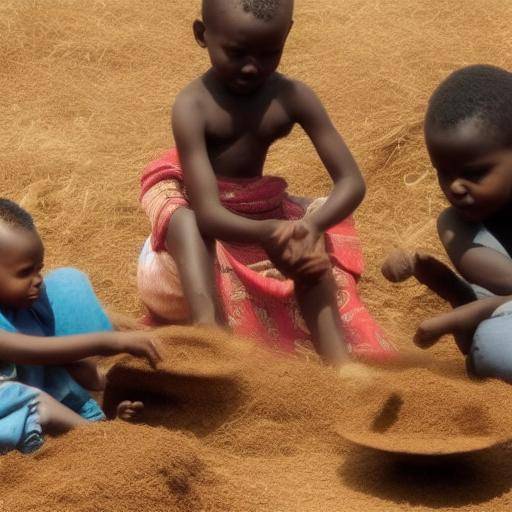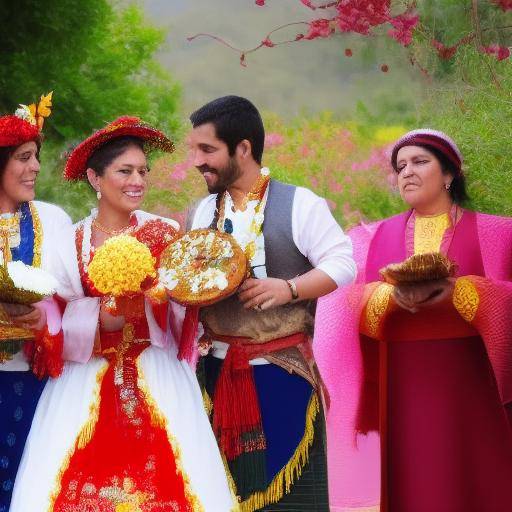
Marriage traditions represent the most entrenched expression of the cultural identity of a people. Throughout history, various civilizations have developed unique rituals and customs around marriage, thus transmitting their heritage, beliefs and values of generation to generation. This article will offer a fascinating journey through marriage traditions in different cultures, exploring their meaning, history, applications and future trends.
Introduction
Marriage traditions are a living manifestation of the cultural wealth of humanity, reflecting the diversity and complexity of human beings. From sumptuous ceremonies to intimate rituals, each culture brings its own vision of marriage, enriching human experience with its uniqueness. As we enter this exciting issue, we will discover the importance of understanding and respecting these traditions, as well as the lessons they can give us.
History and Background
Marriage traditions have deep roots in the history of humanity, being an integral part of social and religious life in many civilizations. Over the centuries, marriage has evolved in response to political, economic and cultural changes, thus shaping the associated customs and rituals. From ancient civilizations to modern times, marriage has played a crucial role in the structure of society and the transmission of values.
Antiquity
In ancient cultures such as Egyptian, Mesopotamian and Greek, marriage union was considered a transcendental event, with rituals and symbolisms reflecting religious beliefs and community values. Marriages were often arranged by families, with the aim of preserving inheritance and strengthening social position.
Age
During the Middle Ages, marriage became a more formalized institution, with the introduction of concepts such as mutual consent and religious blessing. Marriage traditions varied considerably according to the region and the social class, with ceremonies reflecting the influence of the Church and local customs.
Modern era
With the arrival of the modern era, marriage traditions have undergone a continuous transformation, influenced by globalization, the advancement of technology and social movements. Couples currently have the freedom to adapt and customize their ceremonies according to their values and preferences, generating unprecedented diversity in marriage practices.
Deep analysis
Marriage traditions are not only cultural expressions, but also play significant roles in the lives of people, communities and society as a whole. This section will further explore the practical, emotional and social aspects associated with these traditions, analyzing both their advantages and challenges.
Benefits and Challenges
Marriage traditions provide a significant framework for the celebration of love, family unity and the continuity of culture. At the same time, they can generate tensions between cultural expectations and individual preferences, thus challenging the freedom and authenticity of couples.
Current trends
In the current context, marriage traditions are experiencing rebirth, with renewed interest in ancestral practices and the integration of contemporary elements. Marriage celebrations have become a way of preserving cultural identity and promoting diversity, thus generating a wider recognition of the traditions of different cultures.
Comprehensive review
Marriage traditions have been the subject of an increasingly detailed examination by scholars, anthropologists and experts in the field of cultural studies. This segment will explore practical applications, case studies and best practices associated with marriage traditions, offering a deeper understanding of their impact and relevance in contemporary society.
Applications and Best Practices
Marriage traditions play a key role in preserving cultural heritage and community cohesion. Best practices include creative adaptation of traditional rituals to reflect the identity and values of couples, as well as the promotion of intercultural dialogue that enriches marriage experience.
Perspectives and Prognostic
From the standpoint of scholars and experts in cultural studies, there is a growing consensus on the importance of assessing and preserving matrimonial traditions as a vital cultural asset. The recognition of cultural diversity in marriage celebrations is perceived as a step towards inclusiveness and mutual understanding among the various communities.
Comparative analysis
The diversity of matrimonial traditions in different cultures allows a fascinating comparative analysis that reveals both fundamental similarities and distinctive differences. By exploring these variations, we can better understand the meaning and relevance of these rituals in the global context.
Parallel and Divergences
By comparing the marriage traditions of different cultures, surprising parallels are discovered, such as the importance of family union, the blessing of the elderly and the festive celebration. However, significant divergences also arise in terms of the associated rituals, symbols and beliefs, highlighting the wealth and complexity of marriage experience worldwide.
Examples and Scenarios
Through concrete examples of marriage traditions in various cultures, we can appreciate the beauty and diversity of manifestations of love and union. From the vibrant Hindu celebrations to the intimate ceremonies of indigenous peoples, each tradition offers a unique vision that enriches the global landscape of marriage practices.
Practical Tips and Accessible Recommendations
For those interested in learning more about marriage traditions and their cultural significance, this section will offer practical advice and actionable recommendations to understand, respect and celebrate these unique expressions of humanity.
Practical Guides
For those who wish to incorporate elements of matrimonial traditions into their own celebrations, practical guides will be offered that will highlight the appropriate ways to respect and honor cultural customs, as well as suggestions for creative adaptation in intercultural contexts.
Details
Detailed explanations will be provided on the meanings and symbolisms associated with various rituals and marriage practices, which will allow for a deeper and more appreciative understanding of these cultural expressions.
Conclusions and FAQs
Conclusions
In conclusion, marriage traditions in different cultures represent a rich source of beauty, meaning and cultural identity. By understanding its history, meaning and contemporary applications, we can appreciate human diversity in a deeper and more respectful way, thus enriching our own lives and relationships.
Frequently asked questions
- Why is it important to respect and value the marriage traditions of different cultures?
- What are some particular examples of outstanding marriage traditions in different parts of the world?
- How can couples incorporate elements of different marriage traditions into their own wedding ceremonies?
- What is the role of globalization in the evolution of matrimonial traditions?
- Are marriage traditions experiencing significant changes in the modern era? Why?
- What is the impact of marriage traditions on the preservation and transmission of culture?
The article provides an integral view of marriage traditions in different cultures, their historical meaning, contemporary applications and future trends. By exploring this fascinating theme, readers will gain a deeper understanding of cultural diversity and symbolic wealth that enriches marriage celebrations around the world.
With this detailed exploration of marriage traditions and their meaning in different cultures, we hope to have provided a valuable resource for those interested in understanding and celebrating the cultural diversity that enriches our lives and societies.
We hope that this immersion in marriage traditions has been enriching and revealing, and that it has fostered greater understanding and appreciation of the different cultural expressions that enrich our lives and relationships.
Thank you for accompanying us on this exciting journey through marriage traditions in different cultures!



